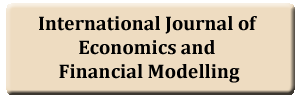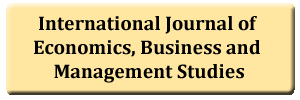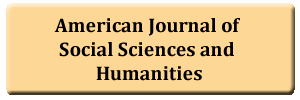Creativity, Returns to Scale, and Growth by Integrating Solow, Dixit-Stiglitz, and Romer
DOI:
https://doi.org/10.20448/809.5.1.1.16Keywords:
Solow growth model, Romer growth model, Dixit-Stiglitz model, perfect competition, monopolistic competition, profit distribution.Abstract
The purpose of this paper is to develop an endogenous growth model with perfect competition and monopolistic competition on the basis of two main theories – neoclassical growth theory and new growth theory – in economics. Our model is based on three of most well-known models in economic theory: the Solow one-sector growth model, the Dixit-Stiglitz growth model, and the Romer growth model with endogenous knowledge. The paper integrates the basic models in economic theory within a comprehensive framework by applying the utility function and the concept of disposable income proposed by Zhang. This study deviates from the Solow model in that knowledge is endogenous and markets are competitive and monopolisticly competitive. We deviate from the Dixit-Stiglitz model in that capital is endogenous and non-zero profits are distributed to households and research activities. We deviate from the Romer model in that knowledge is through Arrow’s learning by doing as well as research. We build the growth model and then simulate its behavior. We demonstrate a unique stable equilibrium point. The stability is partly due to the fact that our growth force is neoclassical and knowledge accumulation is assumed to exhibit negative returns to scale in knowledge. We also plot the motion of the economy. We examine effects of changes in different parameters to show effects of exogenous changes on transitory process and long-term equilibrium structure.




